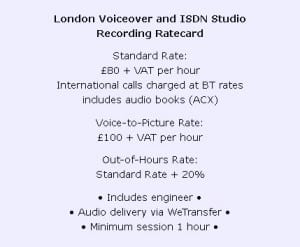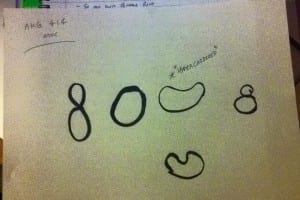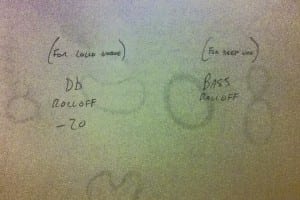Although we submitted the digital press pack via Blackboard, we have also put a copy on this blog just incase. There are 2 uploads below, one is the information form as a PDF, and the other is a short digital version of the work, as a sound clip. The information form includes the synopsis, rationale, team information, one pr image, staging details and additional information.
Author: James Alexander Earl
Billing
While with a radio drama the actual episode would be advertised on the broadcasters site, such as the BBC, our podcast will need to be promoted in our own way, so the billing for “Pass It On” took the form of a web page, which would also integrate social media. In our proposal blog post it was pointed out that we wanted a live element, where all the contributors to our podcasts would meet up and talk about their skills with each other, as well as demonstrating them. Unfortunately we were unable to arrange this, but by having social media as part of our website, we could allow the people that made up our podcasts, and the audience, to visit this site, and thus navigate through platforms such as Twitter and Facebook to find out more about the other individuals. This would allow for a great sense of community, and would really help emphasise the idea of passing on a talent and influencing others.
Website link: https://passiton666.wordpress.com/
Facebook link: https://www.facebook.com/Pass-It-On-Podcasts-1915549008701560/
Twitter link: https://twitter.com/passitonpodcast
Consent Forms
As stated in the report form blog post, the consent forms contain personal pieces of information, such as email addresses, so they will be uploaded separately to Blackboard as a zip file on James Earl’s account. Below is the consent form template that we used.
Budget
For this project it is necessary to compare the real budget that we spent, to the theoretical budget. This theoretical budget would allow us to see how much it would have cost to make this product if we were in a professional practice, instead of just a university project. Because podcasts are not usually broadcast by radio stations, and are instead available on websites, where they can also be downloaded, usually for free, meaning that podcast makers often make their money through advertising. This is much different to our radio drama from semester 1, where in the real world we would be seeking a fee from someone such as the BBC, to help fund something that is much more expensive to make than a podcast. Our podcast series is good in this sense, because it doesn’t require any actors who may have to travel, it is simply interviewing local talent, and then doing the editing ourselves. This editing however, amongst other factors such as recording our own voices, would require a budget if it was made outside of University.
For this project we spent a total of £0, this is because the University provide us with Adobe packages, access to media loans and also edit suites. Below is a breakdown of how much we may have to spend if we wanted to move into this area in a more professional capacity.
Real Budget – £0
Theoretical Budget Per Podcast: £373.60
Fixed Costs For 1 Year – £3816.81
Given that we were able to make 2 podcasts in 12 weeks at University, and probably could’ve made a third, it would be fair to say that we could probably make a podcast every 4 weeks, meaning that would make a total for 13 a year.
With the radio studio hire being £80 per podcast, the fixed costs can be divided by 13, and therefore be added to the studio hire price to create a theoretical budget.
Fixed Costs Per Podcast – £293.60
Recording Presenter Speech
Radio Studio Hire – £80 per podcast
Source: http://www.radiofacilities.com/voiceover-isdn-studio/
4 Microphones – £2,854
3 Microphone Stands – £37.20
3 Headphones – £293.97
Recording Interviews
Zoom Microphone – £152.22
Editing Podcasts
Apple Mac – £188.99
Source: https://secure.wowcher.co.uk/checkout/3246733?product_id=317017&quantity=1&pay_deposit=false
Adobe Audition Package – £241.43 per year
Paperwork
Microsoft Word Package – £49
Research Overview
Each member of the team did some research to help with the project. This was done before and during the production of our piece, to help give us inspiration but also find out how a podcast should be formatted. We had no legal or ethical issues to research, which is rather different from our drama last semester which required an extensive insight into these areas. We did however need to research the genre, which is of course podcasts and this was done by listening to some, while our audience research came about by examining how podcast sites were designed. The topic research was done by analysing articles that looked at how people could learn skills and pass them on. In terms of technical research, we didn’t really need to look into anything as all we needed to use was a zoom microphone, a standard studio set up, and adobe audition. We did occasionally require help in the studio as there were sometimes technical faults that were beyond our control, but the only real thing in terms of research was the range of different mic set ups that Dylan talked us through, which can be seen below.


